A New economic war: The first battles of the China – USA trade conflict
A new economic war has begun. This week the US imposed tariffs against Chinese products (26% ) to a total amount of $36 billion. Сhina imposed similar tariffs in response. The Chinese government criticized the US’s economic behavior as aggressive and strategically oriented towards a serious trade war. The situation is developing extremely quickly; the White House is expected to press another $16 billion in tariffs at the beginning of August.
EU: The German migrant crisis and its perspectives
This week, long discussions and stressful meetings shook German internal politics: Merkel’s partner in her coalition Seehofer was close to leaving his post as the minister of interior because of severe disagreements with Merkel. Finally, a dialogue was established and a compromise found (a new package of measures to reduce the number of migrants who enter Germany was approved by CDU,CSU and SPD). According to the new agreement, asylum seekers and economic migrants entering the country will be sent to “transit centers” along the German border. Those who do not qualify for asylum or have already applied for asylum in another EU member state would be sent back to the country where they first entered the European Union. Among Seehofer’s suggestions was the unilateral expulsion of migrants at the border. This suggestion was entirely rebuked by Merkel and his suggestions had to be softened to come to accordance.
In light of the new migration agenda of Germany, there is also a marked emphasis regarding the necessity of cooperation with EU countries who are situated near the EU’s external borders (Greece, Spain).
At the same time there are strong opposing tendencies which threaten a split of the EU into two camps: on one side a soft front (Merkel’s pro-EU direction), who wants to regulate the migrant crisis in a gentle way and the ‘hard’ front – including the Visegrad block, Austria and a new member – Italy, which has a eurosceptic orientation. The crucial events of the upcoming weeks will take place on the 12 and 13th of July – when 28 EU country representatives will meet in Austria in order to discuss strategies for handling the migration crisis.
Mexico’s new president: what to expect
The presidential elections in Mexico (which took place on the 2nd of July) showed the orientation of the Mexican towards a left political front. The “left-populist” Obrador has a political agenda which can be described as patriotic protectionism – his economic agenda is left-wing while his political orientation has an element of nationalism. In his critical attitude towards Trump’s immigration policies, he aims to solve the migration problem with USA and find a real solution for a the extremely dire state of the migration process. In order to increase fuel sovereignty, Obrador seeks a solution to end foreign fuel imports of Mexico in next 3 years.
The transition of power from Enrique Peña Nieto to the new president will take place on the 1st of December. The new president will follow a national-sovereignty oriented political course and will try to find political and economic independence from the US.
Pompeo in North Korea
U.S. secretary of state Mike Pompeo made a historical visit to Pyongyang. The visit was part of a prolonged dialogue on the denuclearization of the peninsula between the USA and North Korea. The first important step in this dialogue was made by Kim Jong Un and Donald Trump during a summit on the 12th of June. Pompeo declared that the meetings with the North Korean leader were productive, yet he also noted that the sanctions against the DPRK would last until the country is completely denuclearized. At the same time, Pompeo’s visit was negatively characterized by the North Korean government: North Korea accused the Trump administration of pushing a “unilateral and gangster-like demand for denuclearization” and called it “deeply regrettable”.







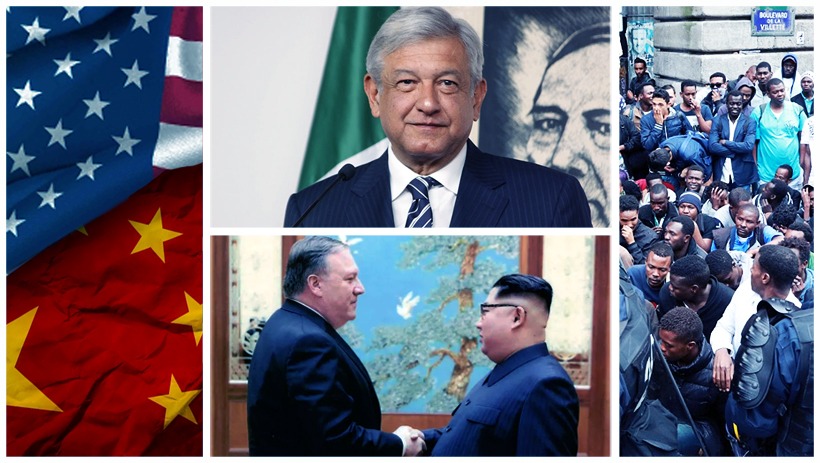

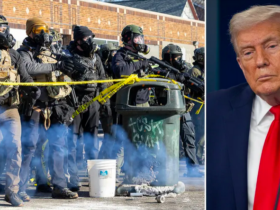
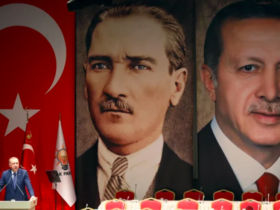
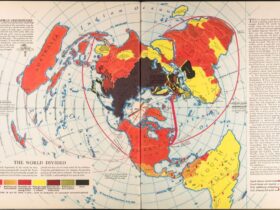
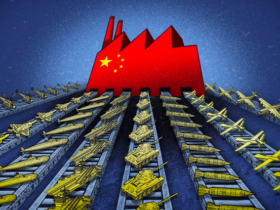
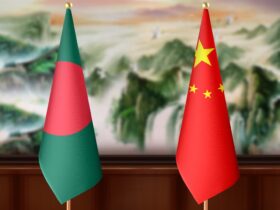
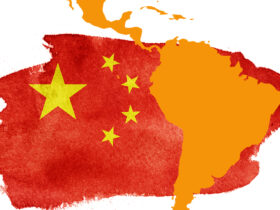
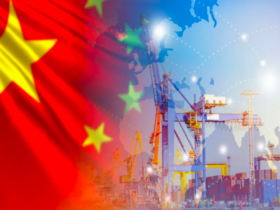

Leave a Reply